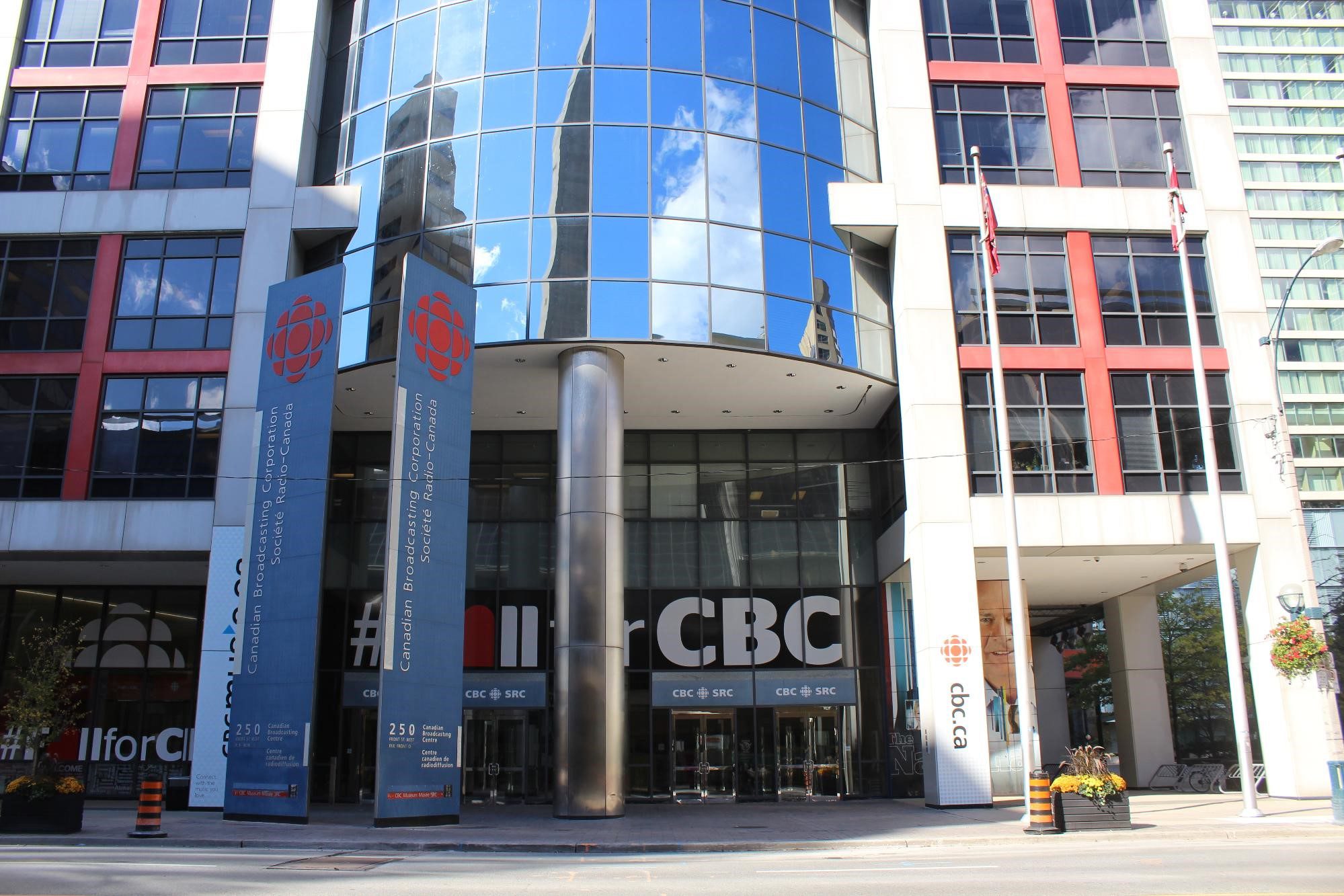Earlier this year, The Fifth Estate aired a documentary about the industry of birth tourism, in which expectant mothers from abroad pay a fee to brokers, then come to Canada to deliver their baby. Complainant Janet Cleveland called the program “seriously inaccurate and biased”. I disagreed that it was biased, but my review found problems, nonetheless.
COMPLAINT
You wrote to express concerns about a documentary which aired on The Fifth Estate on January 5, 2020.
In a segment called “Passport babies: The growing shadow industry of birth tourism”, the program reported that an increasing number of people from outside Canada are coming to this country to have their babies delivered here. As the title suggested, a shadow industry has popped up to facilitate these trips, which appear to come most frequently from China. The clients pay Canadian hospitals for the delivery, and the babies born here are automatically Canadian citizens.
As a researcher at the SHERPA Research Centre in Montreal, you have spent years examining the intersections of public policy, immigration, refugees and health care. You wrote that The Fifth Estate was “seriously inaccurate and biased” and cited two significant concerns.
The first involved a statistic in the documentary that there are some 5,000 “non-resident” births in Canada each year. You felt The Fifth Estate left the impression that this is the number of birth tourists, when it’s likely such tourists are only a small minority of that number:
The figure of 5000 ‘non-resident’ babies per year is drawn from hospital financial databases. The category involved is actually people who do not have medical insurance and (usually) who do not have permanent status in Canada, rather than being people who do not live in Canada. The content of hospitals’ ‘non-resident’ category varies somewhat from province to province, and even between hospitals, but it typically includes:
- International students in Canada with a temporary study visa. They generally have private insurance, but this typically does not cover costs related to pregnancy and childbirth, or only a small fraction thereof.
- Some categories of temporary foreign workers (some temporary work visas allow access to public health care, others do not).
- Non-status (undocumented) migrants living in Canada. This includes people who are in the process of regularizing their status, e.g., people who have applied for permanent residence based on humanitarian or compassionate reasons.
- Canadian expatriates, who have lost their entitlement to provincial health coverage because they live outside of the country
- Tourists who are in Canada for a brief period, with a temporary visitor’s visa
You suggested that in misrepresenting the numbers, the program misled the audience in understanding the financial impact on both the new parents and the health care system. You said most birth tourists can afford to pay hospitals for the deliveries, but the other non-resident birth parents, including international students, are much more likely to be squeezed financially by these fees.
The second major concern you identified was when the program considered ways to slow the influx of passport babies:
Based on a fundamentally flawed analysis of the situation, the 5th Estate documentary concludes that it might be appropriate to change Canada’s laws in order to deny citizenship to babies born in Canada if the parents are neither citizens nor permanent residents. The documentary implies that this would affect only babies born to the tourists portrayed in the documentary.
In fact, it is very likely that the vast majority of these babies are born to international students, temporary foreign workers or people living in Canada without formal status. Many of the parents (notably international students) will apply for permanent residency in Canada, and eventually become citizens. Depriving their children of citizenship would be an extremely grave decision and a fundamental shift in Canadian values. It is unconscionable for the 5th Estate to present an inaccurate and misleading documentary in support of such a policy change.
The Fifth Estate segment drew other letters of concern from activists who work with new immigrants and refugees. Some expressed a fear that the program would elevate the risk of violence and hatred toward migrants and their families, and were disappointed that there were no interviews included with anyone arguing on behalf of rights for immigrants.
MANAGEMENT RESPONSE
The Executive Producer of The Fifth Estate, Catherine Legge, replied to your complaint.
She acknowledged your contention that not all of the 5,000 non-resident births in Canada each year are examples of birth tourism, saying the documentary accounted for that:
We agree there is a distinction here and believe our story made it clear that currently it’s impossible to know how many of those 5000 births are birth tourists and much more research is needed.
Continue reading this post on the CBC website, where it was first published.

